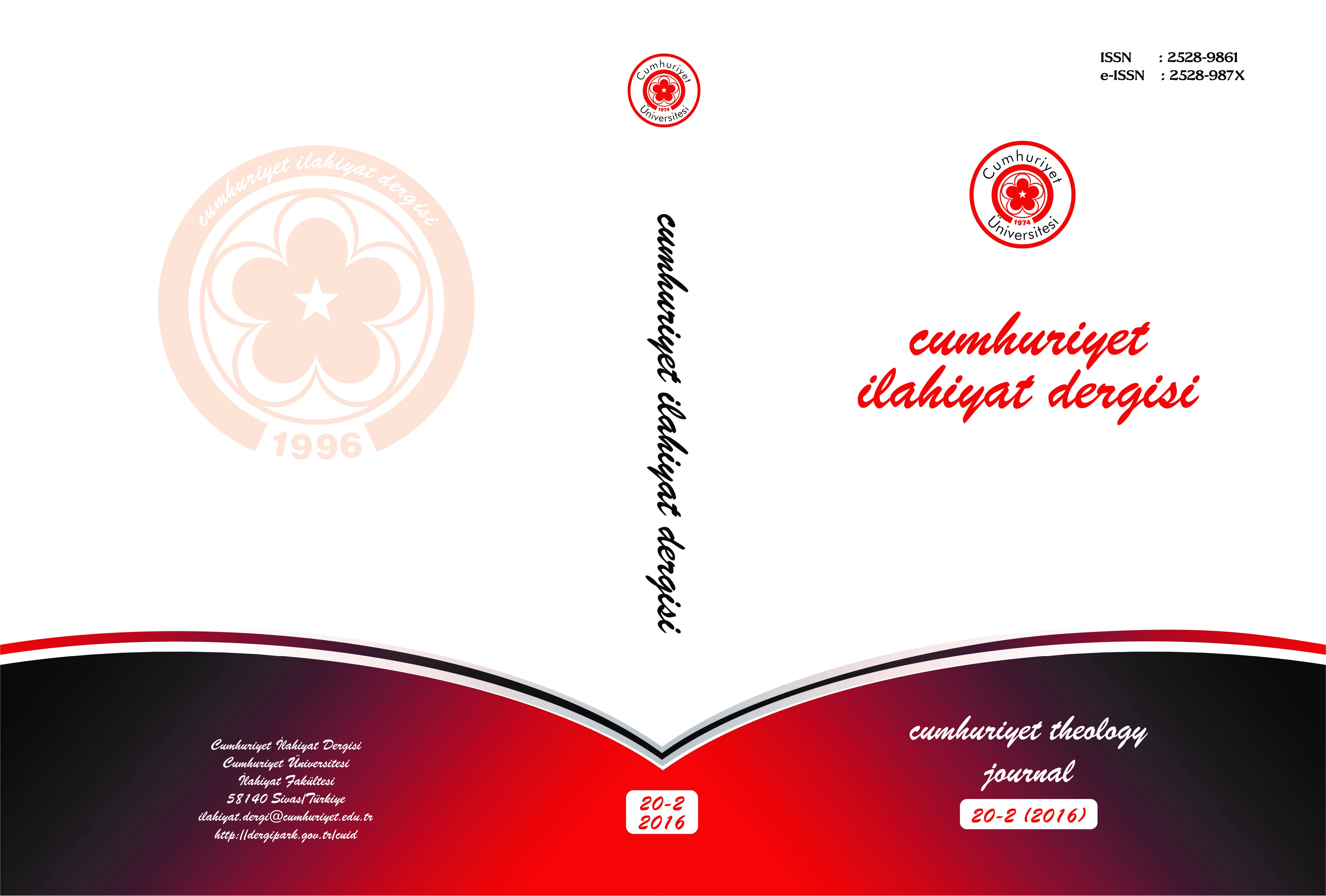Osmanlı Tekke Mutfak Kültürü ve Mecmuâ-i Fevâid
The Ottoman Dervish Lodge Cuisine and Majmūʿa al-fawāʾid
Author(s): Güldane GündüzözSubject(s): Cultural history, Middle Ages, Islam studies, The Ottoman Empire
Published by: Cumhuriyet Üniversitesi İlahyat Fakültesi
Summary/Abstract: The dervish lodge cuisine in the Ottoman lodge structuring has a central importance. The lodge cuisine helped Anatolia turn into a homeland. Travelers took shelter in the lodges in Anatolia. So, these buildings were a safe haven for those who travel. Lodge’s kitchens were always open. These kitchens offered a delightful “Sheikh Baba’s Soup” anytime and these kitchens gave peace and serenity to Anatolia. This article analyzes the Ottoman lodge food culture in the context of a manuscript which belongs to an imaret. This manuscript called Majmūʿa al-fawāʾid was written in between 1240-1250 (1825-1835) in Istanbul. This work belongs to the period of Sultan Mahmud II and the Hudāyī Lodge Foundation. Institution Employees and accounting records were disclosed in this manuscript in which the names of kitchenware are mentioned and recipes are found. This work gives detailed information about foods that are cooked in the Hudāyī Lodge Foundation’s imaret kitchen.
Journal: Cumhuriyet İlahiyat Dergisi
- Issue Year: 20/2016
- Issue No: 2
- Page Range: 175-205
- Page Count: 30
- Language: Turkish

